Do Solar
right,
get Mike.
Ask Solar Mike is your trusted solar company in Utah County, Utah, specializing in
solar panel installation, whole home backup batteries, and whole home backup generators.
With years of expertise, we deliver reliable, sustainable energy solutions to power your home and protect against outages. Contact us today for a free quote and start saving with solar!
On or Off Grid Solutions
Solar gives you the freedom to generate your own power and to live independently from utility companies. You'll find the security of a reliable energy source that keeps your home powered even during emergencies.
Explore our solar installation services below.
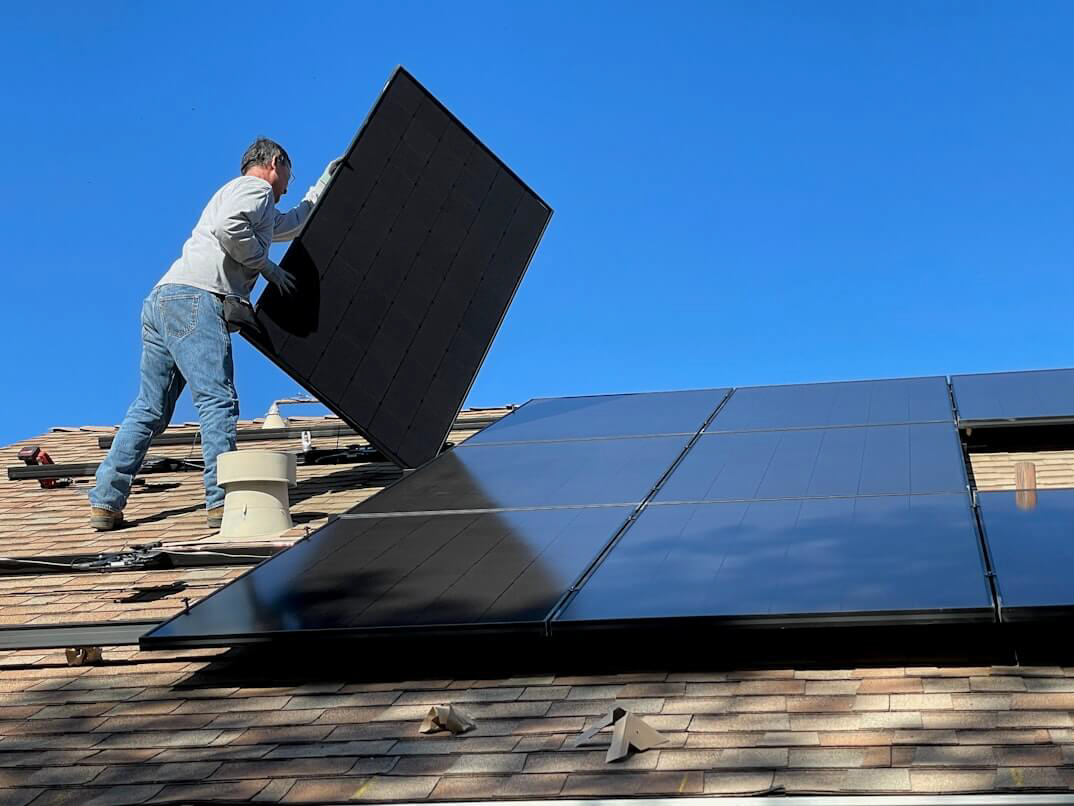
ALPHA Stage 1
Solar Panels
Start with high-efficiency solar panels to help you reduce your energy bills and minimize your carbon footprint. You'll discover a cost-effective and sustainable energy solution for your home.
Learn about solar systems.
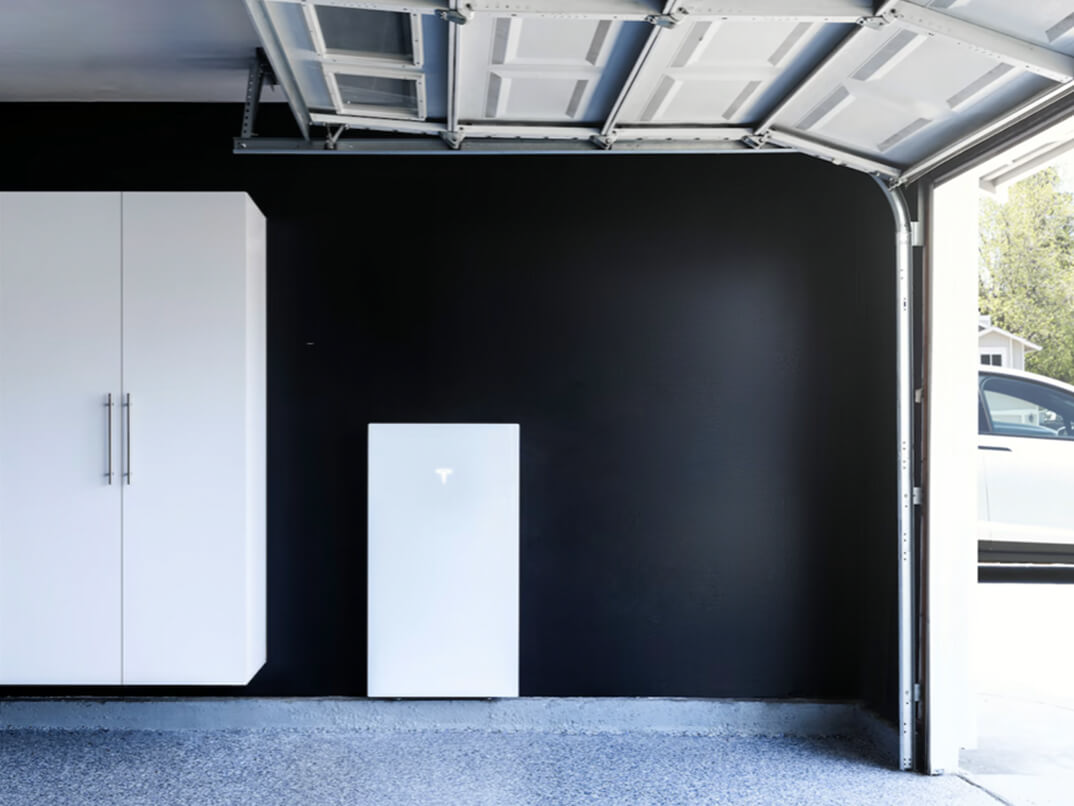
ALPHA Stage 2
Home Batteries
Add an advanced home battery system where you can store excess solar energy for use during peak times, the night, and power outages. You'll enjoy a reliable, uninterrupted energy supply.
Learn about whole home backup batteries.
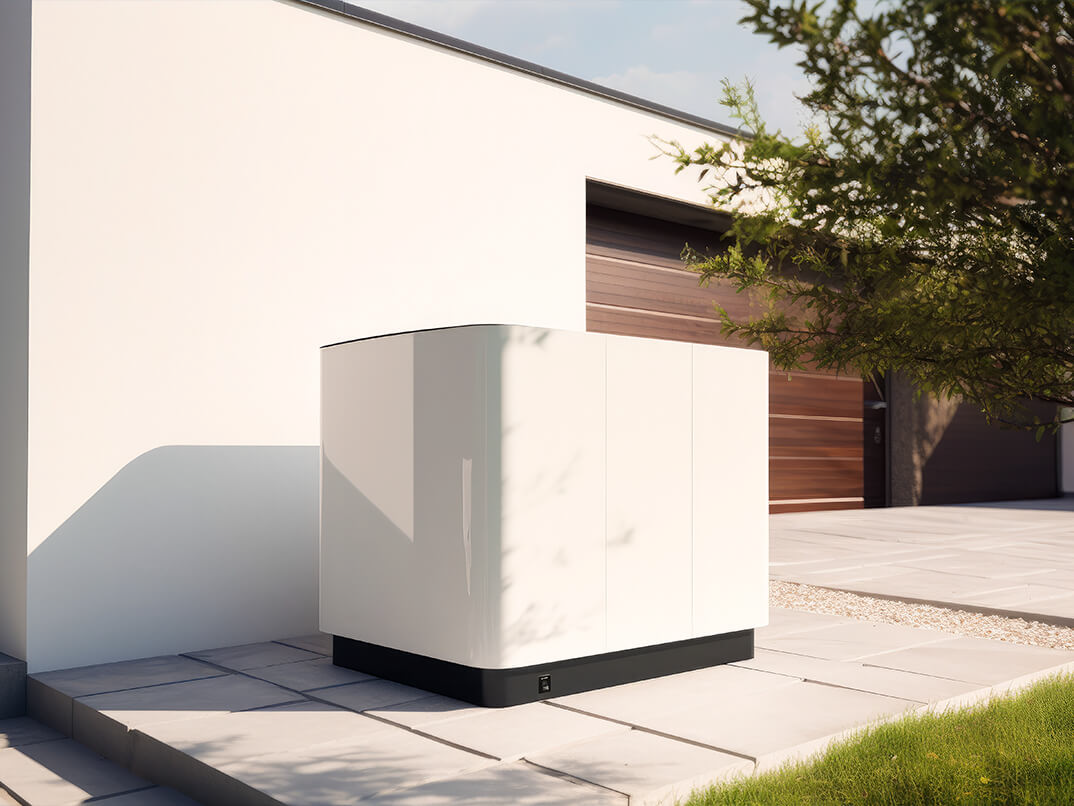
ALPHA Stage 3
Backup Generators
Finish with a powerful home generator that offers dependable backup power during emergencies. You'll have peace of mind and continuous electricity when the grid goes down.
Learn about whole home backup generators.
Ask Solar Mike is proud to partner with the top solar industry leaders to provide the best systems.
*Tesla Certified Installer
*Solar Ark Certified Installer
*REC Pro Trust Certified Installer

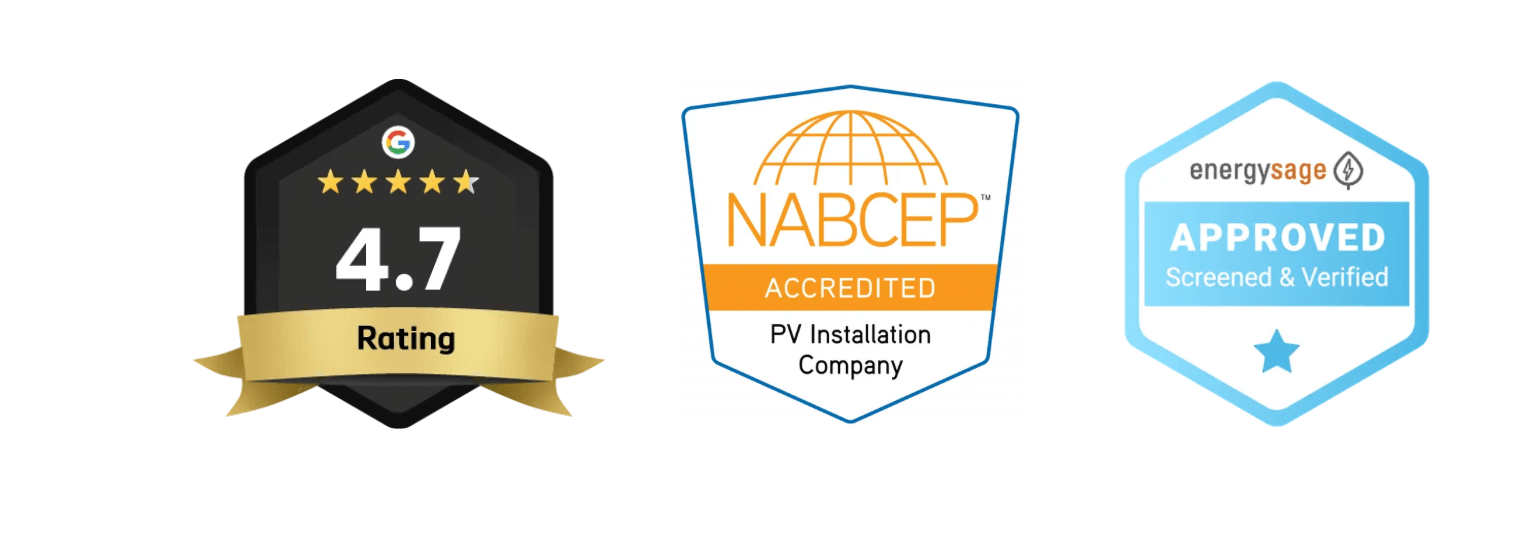
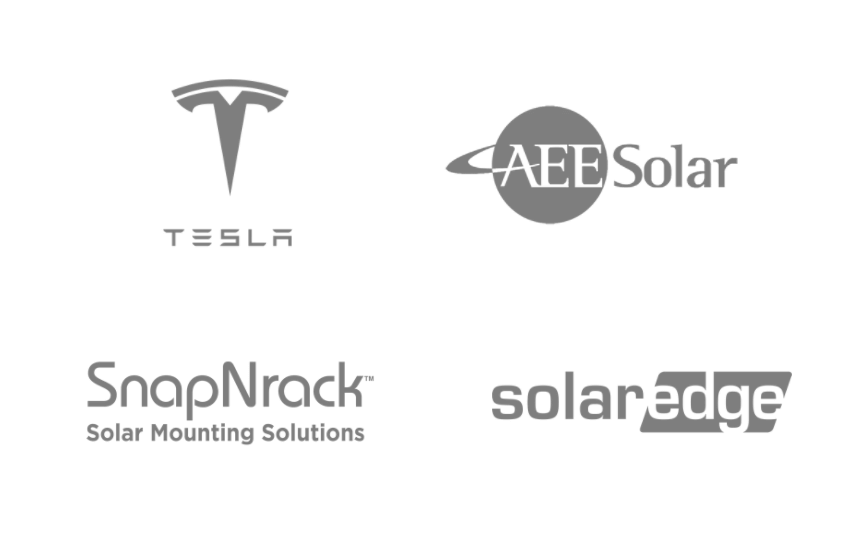
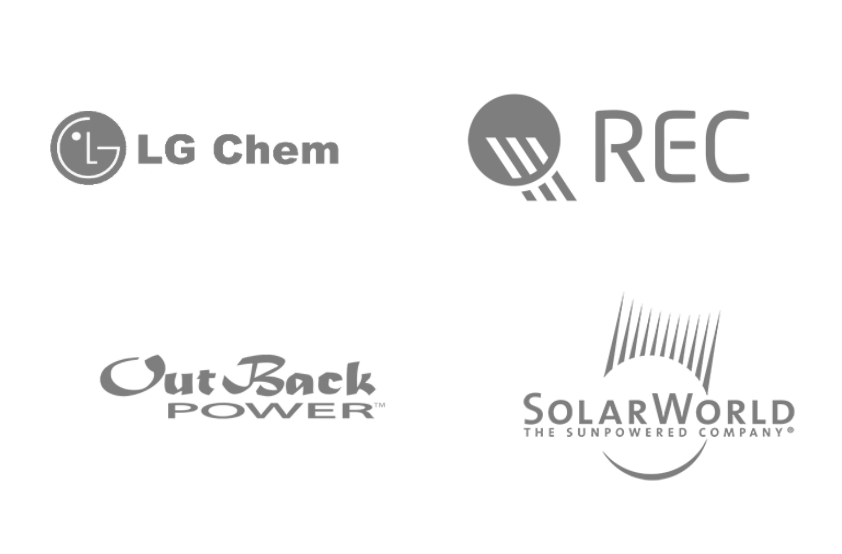
Why Solar?
Installing solar panels on your home offers numerous advantages, from financial savings to environmental benefits. Here’s why you should consider switching to solar energy:
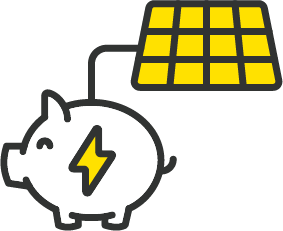
1. Cost Savings
Solar panels can significantly reduce your electricity bills. Many regions offer incentives and rebates that help offset installation costs and make solar energy an affordable investment with substantial long-term savings.
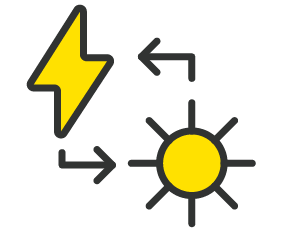
2. Energy Independence
By generating your own electricity, you become less reliant on the grid. This is especially beneficial during power outages or in remote areas with limited grid access. Solar power provides a reliable and continuous energy source.
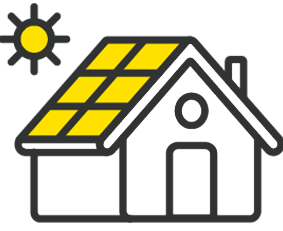
3. Better Home Value
Homes with solar panels often see increased property values. Buyers recognize the long-term savings and environmental benefits, making solar-equipped homes more attractive in the real estate market.
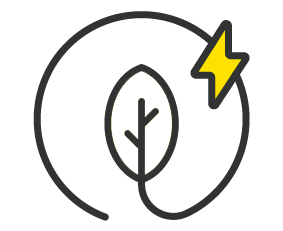
4. Environmental Impact
Solar energy is a clean, renewable source that reduces your carbon footprint. Unlike fossil fuels, it doesn't emit greenhouse gases, contributing to a healthier planet and combating climate change.
Why Mike?

Meet Mike, your trusted guide to energy independence . With years of experience in helping families go off-grid, he's a solar expert dedicated to educating homeowners. Mike's tips help you avoid being ripped off by large or small solar companies.
Mike's Top Tip #1 Add Value To Your Home
Mike's Top Tip #2 Is Your Home A Good Candidate For Solar?
Mike's Top Tip #3 Solar, Battery, and Generator Guide
See Mike's Most Recent Tips Blog

USDA REAP in Utah County Explained
“Power Your Small Rural Business with Free Solar Grants: USDA REAP in Utah County Explained”
3 min read
·
Just now

The USDA Rural Energy for America Program (REAP) Grant provides financial assistance to agricultural producers and small businesses located in rural areas, helping them invest in renewable energy systems like solar power. Here’s a simple rundown for small business owners working from home in Utah:
What Is the REAP Grant?
The USDA REAP Grant offers financial aid to help cover the costs of purchasing and installing renewable energy systems, including solar power. For eligible projects, REAP covers up to 25% of the total project cost. This grant helps small businesses reduce energy expenses and gain access to sustainable power sources.
Eligibility Criteria for Small Businesses
To be eligible, your small business must meet the following criteria:
Location: Your business must be in a rural area. In Utah, this generally includes any area outside major urban hubs, so many parts of Utah County qualify.
Business Size: You must operate a small business, as defined by the Small Business Administration (SBA) standards.
Energy Project: The project must involve installing renewable energy systems, such as solar panels, or improving energy efficiency.
How Much Can You Get?
Grant amount: Up to 50% of the total project cost, with a maximum of $1,000,000 for renewable energy projects.
Loan guarantees: Available up to 75% of the total project cost, with combined grant and loan guarantees able to cover up to 75% of the cost.
How to Apply:
Assess Eligibility: Confirm your business and project meet USDA REAP eligibility requirements. You can consult the USDA REAP webpage or contact a local USDA office for guidance.
Prepare Documentation: Gather information about your business and project, including:
Business financials
Project quotes and technical information from your solar provider at asksolarmike.com
Energy assessment if needed
3. Complete the Application:
You’ll need to submit both a grant application and supporting documents. The application requires details on your business, the solar project, and expected energy savings.
4. Submit Application:
Applications are submitted to your state’s USDA Rural Development office. Deadlines vary, but REAP typically accepts applications year-round, with multiple deadlines throughout the year for review periods.
5. Review & Approval:
Once submitted, the USDA will review your application. If approved, you’ll receive a grant or loan guarantee to fund your solar project.
Important Deadlines:
Keep an eye on USDA’s website for specific grant cycle deadlines, as they can vary. Typically, there are several deadlines throughout the year.
Tips for Success:
Hire a Grant Writer: Consider working with a professional grant writer or consultant to improve your chances of approval.
Partner with Solar Experts: Many solar companies have experience working with REAP grants and can assist with the application process. Including your local solar expert at asksolarmike.com
By taking advantage of the USDA REAP Grant, small business owners like you can install solar power systems at a fraction of the cost, reducing both energy bills and your carbon footprint.
📧 [email protected]
📞 (385) 312–0904
16+ Years
Expertise
Clear
Communications
40,000+
Happy Customers
Long Term
Warranties & Support
Super FAST Installations
Mike's installation teams are super fast, licensed, insured, and highly skilled. We're known for our trustworthiness, and pleasant customer service, Mike's Solar ensures your system is expertly installed, providing you with clean energy and peace of mind.
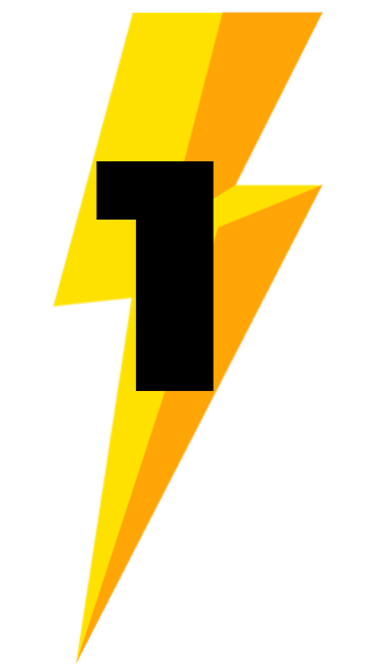
Planning & Permitting
Our team takes care of all the planning and permitting, ensuring that every detail is meticulously managed from the start. This guarantees your solar project begins smoothly and meets all local regulations.
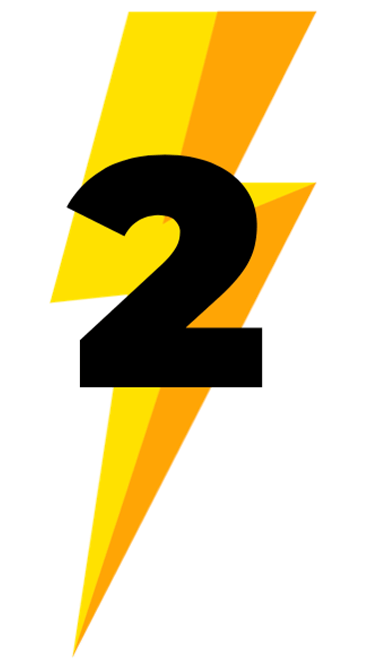
Installation & Inspection
Expert technicians carry out the installation with precision and efficiency, making sure your system is set up correctly. Following installation, a thorough inspection is conducted to ensure everything is up to code and functioning optimally.

Solar Production & Smiles
Once your system is operational, you’ll start generating clean energy and enjoying significant savings on your energy bills. The result is not just reduced costs, but also the satisfaction of contributing to a greener planet, bringing smiles all around.
Available in 6 States
Mike's installs are currently available across these 6 states: Utah, Colorado, Idaho, Oregon, Arizona, and Montana.
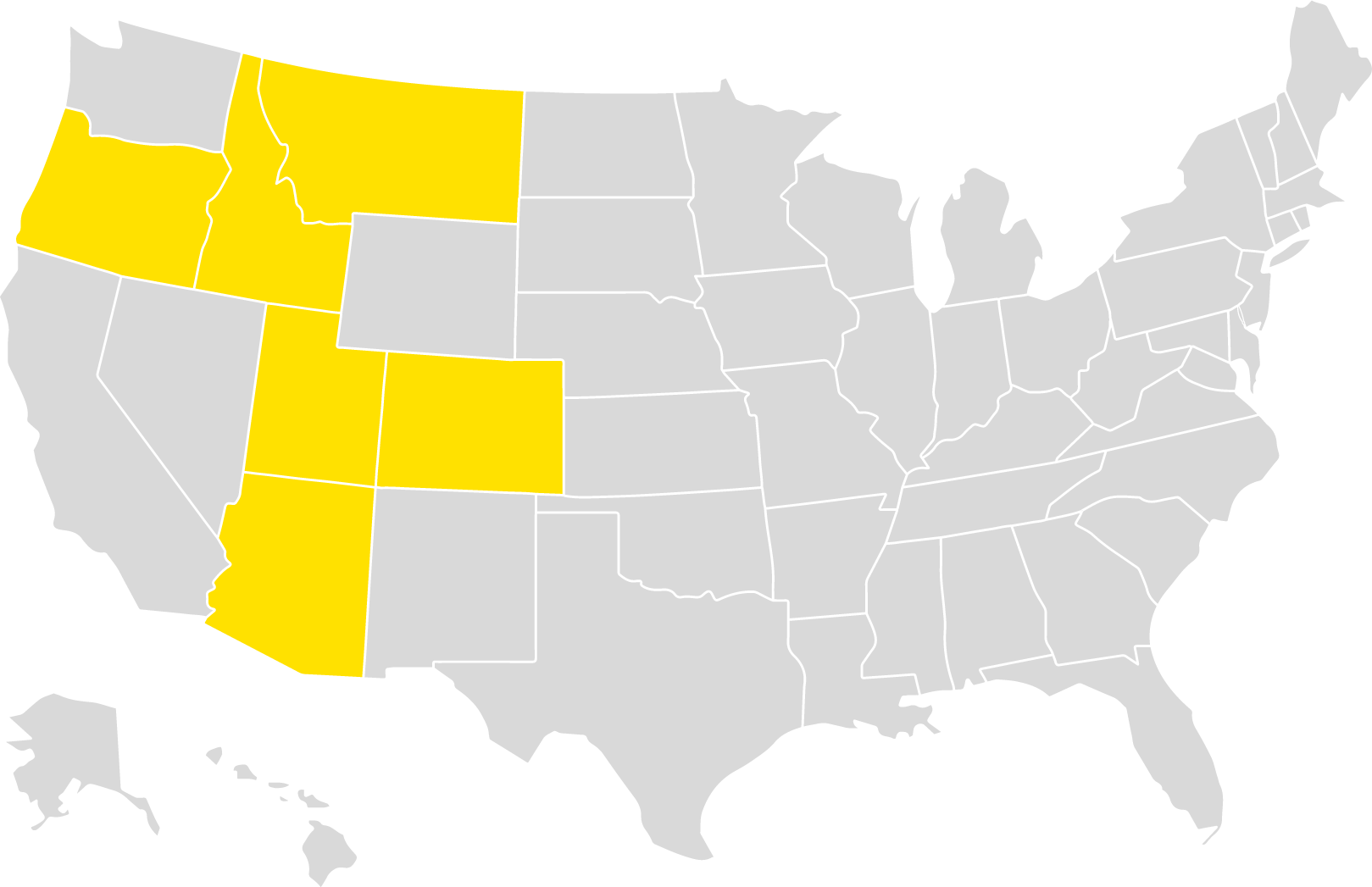
What Mike's Customers Say

Brandon Beck
We were happy to work with Mike to get solar installed on our house. He made the process easy and straightforward and made all of the numbers make sense.
– Thank you Brandon. It was awesome working with you! I think we are up to about 5 houses in your area that we’ve helped. That usually doesn’t happen unless you create a good experience. 🤙

Jason Nelson
Mike was great to work with and answered all of our questions. He was also responsive to calls and texts and I appreciated that quite a bit. And he was also the best price of the bids that I received. In the end, we got the solar panels that fit our needs and it worked with our budget. I highly recommend Mike for your solar needs.
– Thank you so much Jason! Really enjoyed working with you!

Matthew Durovich
Installers were the BOMB, even worked to get 6 more panels on south facing roof, which has helped. 32 panels, 12 kWh system, was extremely impressed with quality of parts, and install. All hooked up, and I am officially a solar nerd. The app is awesome to track, and I love checking my net meter multiple times a day.
– Thank you so much Matt. You’re guys’ house turned out great!

Kristy Warren
Mike is so awesome! Not only did he come to our house when it was convenient for us, he got us approved for solar in minutes $40 a month cheaper than every other company we had looked in to. As well as $20,000 cheaper for the whole thing. He is so friendly and personable. The only thing you will regret about getting solar is if you don’t go with Solar Mike!
– Ah Kristen, you're a sweetheart. Thank you for the kinds words. It's kind of funny when you see the
differences, right?! I always asks folks, "So did that other company's quote come with a Free Car or
something?

Delyse Downey
We were looking into getting solar for our new house and looked into multiple companies. When we posted online asking around, Mike's name came up multiple times. Once we found Mike things went so smooth! We ended up getting more panels for less money!! Amazing deal and a great guy to work with!! I would highly recommend him.
– Love it! Too fun. Thank you for that review. Saving you money is the easy part, getting you the “GOOD LIFE” so you can run that A/C at 68 degrees for way less than your power bill, that’s what it’s all about. 🤘🤘

Daniel Steel
Mike is freaking awesome to work with. He has taken care of every question I've had and saved me thousands in costs of solar and my savings on my power bill. If you want a great deal Mike is your guy hands down!!!
– Thanks Daniel! Your system turned out awesome. Once your neighbors discovered I'm an equipment distributor and wholesaler, 70% of all your neighbors got solar. There are a few folks over their that got DIY kits from me also. I guess you guys like saving money and the planet. :)
Most Frequent Questions
Ask Mike...
How long will my system last?
With a 25-year warranty, your solar system is designed for longevity and reliability. This extensive warranty ensures that your system will provide consistent, high-quality performance for at least a quarter of a century. Throughout this period, you can count on reliable energy production and peace of mind, knowing that any potential issues are covered.
How much can I save with solar?
Switching to solar energy can lead to substantial savings on your energy bills. By generating your own electricity, you'll significantly reduce or even eliminate your monthly utility costs. Over time, these savings can add up to thousands of dollars, making solar a wise financial investment. Additionally, many regions offer incentives and tax credits for solar installations, further increasing your savings.
Are there incentives or rebates for solar?
Yes, there are numerous incentives and rebates available for those who choose to install solar energy systems. Many federal, state, and local programs offer financial incentives to reduce the initial cost of solar installations. For instance, the federal Investment Tax Credit (ITC) allows you to deduct a significant percentage of the installation cost from your federal taxes.
Do I need a battery?
Whether you need a battery for your solar system depends on your energy goals and needs. Batteries can store excess energy generated by your solar panels, providing power during the night or during grid outages. If you live in an area with frequent power outages or want to maximize your energy independence, a battery could be a valuable addition.
How long does installation take?
The duration of a solar installation can vary depending on various factors, including the size of the system, complexity of the installation, and local permitting processes. Typically, a residential solar installation takes anywhere from one to two days to complete once all necessary permits are obtained. Local city and utility permits can take a few weeks. Our efficient processes and skilled technicians ensure that installations are completed as quickly as possible without sacrificing quality. From initial consultation to final commissioning, we work diligently to minimize downtime and get your solar system up and running in a timely manner.
How do I know how many panels I need?
The number of solar panels you need depends on several factors, including your energy consumption, available roof space, and the efficiency of the panels. A typical household in the United States may require anywhere from 20 to 30 solar panels to meet its energy needs. To determine the exact number for your home, we will conduct a thorough assessment, taking into account your energy usage patterns and the specific characteristics of your property. By analyzing your electricity bills and evaluating your roof's orientation and shading, we can recommend the optimal number of panels to maximize energy production and savings.

